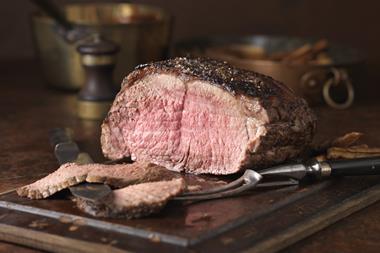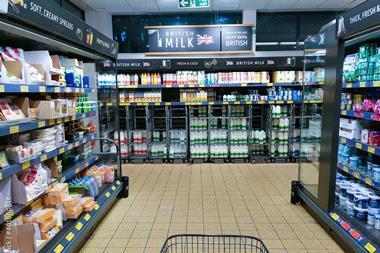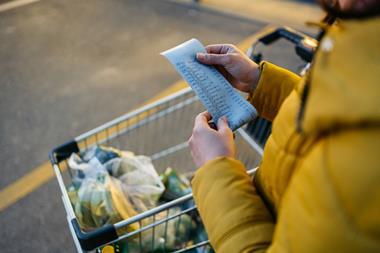The call for a boycott of halal meats is wrong but demonstrates the growth of the market, says Ziad Aloul, general manager at Tahira Foods. Halal meat sales have soared from £700m a year in 2002 to nearly £900m today, and the growth will continue. But when a market is expanding, there is always the temptation for some suppliers to jump on the bandwagon and make a quick profit by cutting corners. In the halal market this is totally unacceptable. A boycott of halal meat has been called for by some Muslims this month because they are not satisfied with halal standards at slaughterhouses. At Tahira Foods, though, we produce halal meat that we can be proud of and that Muslims can buy with confidence. When Tahira was founded 13 years ago, its aim was to build a brand that would become a reference point - trusted throughout the Muslim community for the quality, authenticity and integrity of its halal products. We were in the vanguard of expanding the market into the major multiples, and today, whether through our chilled, frozen or fresh ranges, we have a significant presence in all the leading retailers. To meet their requirements we have to provide high-quality, realistically priced products as well as supply complete traceability. With halal meats this means not only where the product was sourced, but how it was slaughtered. If some companies have not been observing the stringent Islamic regulations, which govern the slaughter of halal meats, then they deserve to lose business. But campaigning for a blanket boycott is an overkill, knee-jerk reaction, which damages those who abide by the rules. It benefits no-one. Aside from the boycott, the outlook for the halal market is quite positive. The prime reason for its expansion is that the Muslim community, which stands at an estimated three million in the UK, is growing year-on-year faster than any other sector of the population. Research also shows that Muslim households spend 30% of their income on food - double the proportion spent by the average UK household. Traditionally, halal meats were purchased from local, independent butchers. Today, second and third generation Muslims want to buy genuine halal products when they do their shopping at the local supermarket. As well as convenience, they require reassurance that the halal meat they buy has been slaughtered in accordance with strict Islamic rules. And that means they have to recognise and trust the name on the label. In short, it's great news for brands such as Tahira.
Close menu
- Home
- Retail & Wholesale
-
Products & Suppliers
- Back to parent navigation item
- Products & Suppliers
-
Product Categories:
- Back to parent navigation item
- Product Categories:
- Alcoholic drinks
- Bakery
- Cereals & breakfast
- Cheese
- Chicken & poultry
- Chocolate
- Confectionery
- Crisps, nuts & snacks
- Dairy
- Fish
- Fresh produce
- Frozen
- Household
- Meat
- Own Label
- Sauces & condiments
- Seasonal
- Soft drinks
- Vaping
- Vegan & plant-based
- World foods
- Suppliers
- People
- Reports & Data
-
Topics A-Z
- Back to parent navigation item
- Topics A-Z
-
Popular topics:
- Back to parent navigation item
- Popular topics:
- Cost of living crisis
- Crime
- Deposit Return Schemes
- Finance
- Government & Regulation
- Health
- Inflation
- Loyalty
- Marketing
- Mergers & Acquisitions
- New Product Development
- Sourcing
- Supply chain
- Sustainability & environment
- Technology
- Ultra Processed Foods
- Vaping
- A-Z all topics
- Content by type:
- Events
- Ask iA (beta)
- Subscribe now
Sign in to comment on this article
Not logged in before? Register for FREE guest access today.
You will be able to:
- Read more stories
- Receive daily newsletters
- Comment on stories
Advert
Related articles
-

10 charts that explain UK attitudes to food provenance
Paid for and in partnership with Cymru Wales
-

-

-

-














No comments yet